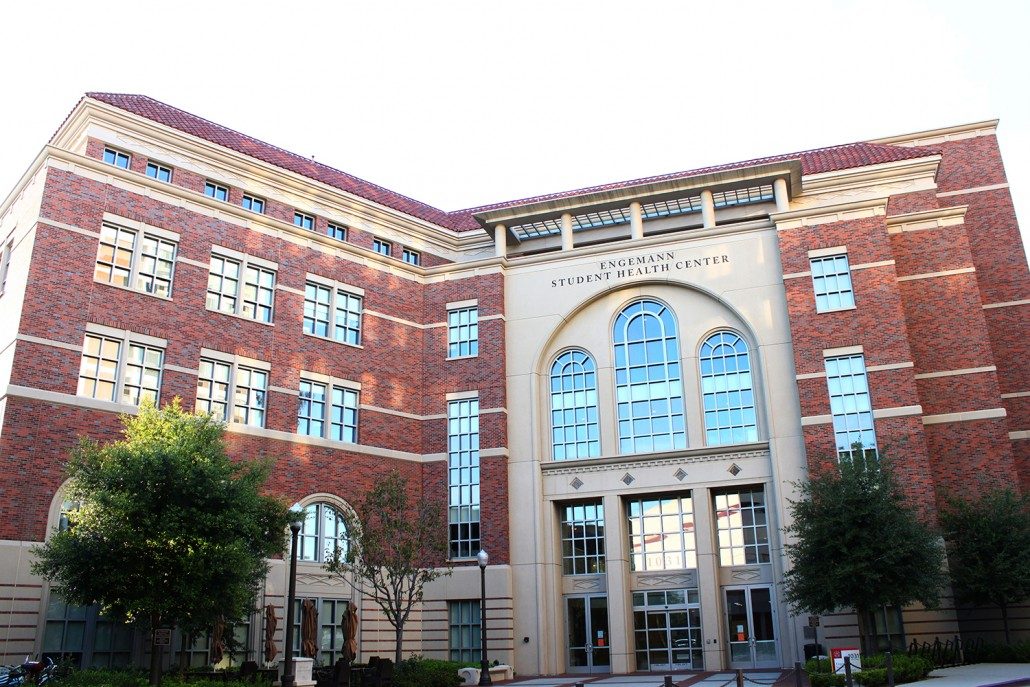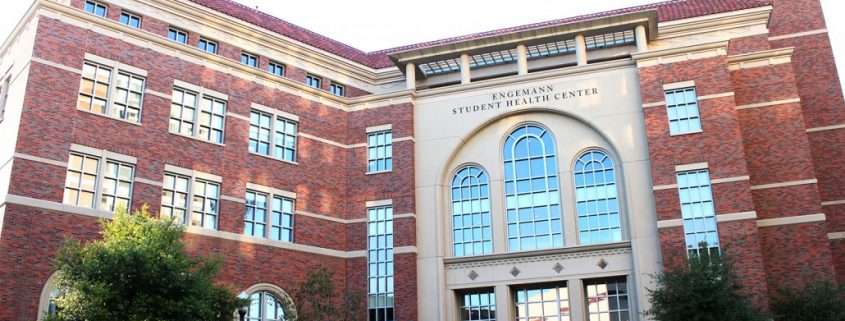Mental health and well-being concerns are a public health crisis

Over the past week, students, faculty and the USC community have been in uproar over the quality of mental health resources on campus and with a justified reason. The deaths of nine students within the past three months, three of which are attributed to suicide, are prompting questions concerning how the community ought to move forward, with an even more pertinent concern for the well-being of students.
Concerns over mental health are not new to USC, nor are they new to any other college campus. Every day, more research is conducted showing that students all around the country are struggling with their mental health. Suicide is the 10th leading cause of death among the U.S. population, but it’s the second most common cause of death among college-aged students.
Independent of college, young people are in a period in which their ability to regulate emotions are still in development. These biological factors coupled with the challenges of adjusting to a new environment makes sense of the anxiety and mental health issues that are emerging for many students regardless of their mental health history.
Students are grappling with hopelessness and are searching for meaning, Dean of Religious Life Varun Soni wrote in an op-ed for the Los Angeles Times in July. Soni, who also serves as the Vice Provost for Campus Wellness and Crisis Management, wrote that while students in the past had come to him asking questions about how they should live, they now are more likely to come in and question why they should live.
It’s time for USC to start acknowledging mental health for the crisis that it is — one that affects the public health of the community. A public health crisis includes any sort of health crisis that has significant impact on the lives and social environments of people in a community. The consequences are not only felt in the individual lives of the people but also within the community’s institutions.
It seems that the mental health concerns at USC have only exacerbated the insecurity and lack of transparency felt between members of the community and the institution. While students have suffered, whether it be with their own mental health or with finding answers over the past several months, the University’s response has felt like a disingenuous attempt to avoid further controversy.
The University has shared minimal information about the students who have passed. Some information has even been reported incorrectly: USC provided the wrong grade and date of death for two students in community-wide emails. Administration has sent emails out aiming to dispel any mistruths about the cause of death but such notice is already made clear and accessible to all through public DPS reports.
In 2018, USC Student Health expanded their counseling services with the addition of 10 new counselors, but this new expansion doesn’t even provide on-campus care for 100% of students. According to Robert Mendola, executive director and division chief for counseling and mental health services, the expansion aims to send 20 to 30% of students off-campus for counseling resources.
While it’s helpful to have decreased the number of students needing to go off campus for mental health counseling, it’s still an inadequate system. In addition to the logistical challenges posed by sending students off-campus, many students who are granted on-campus treatment are only allotted a certain amount of sessions or until rendered mentally stable enough to not need immediate on-campus care.
The subpar mental health services combined with the weak communication about these services by the University is a disservice to students at USC. It is unclear where the line will be drawn for the University to recognize that this community in particular is in severe need of extra support regarding the mental well-being of its students.
In many ways the challenges faced by USC students are quite bigger and more complex than those on other campuses. USC is home to hundreds of victims of sexual harassment and misconduct at the hands of its own health professionals. It’s home to students whose parents are being criminally indicted for bribing their children’s admission. And as of this semester, it is now home to many students whose peers have died. It’s time for a change in how we care for the mental health and well-being of all students.

